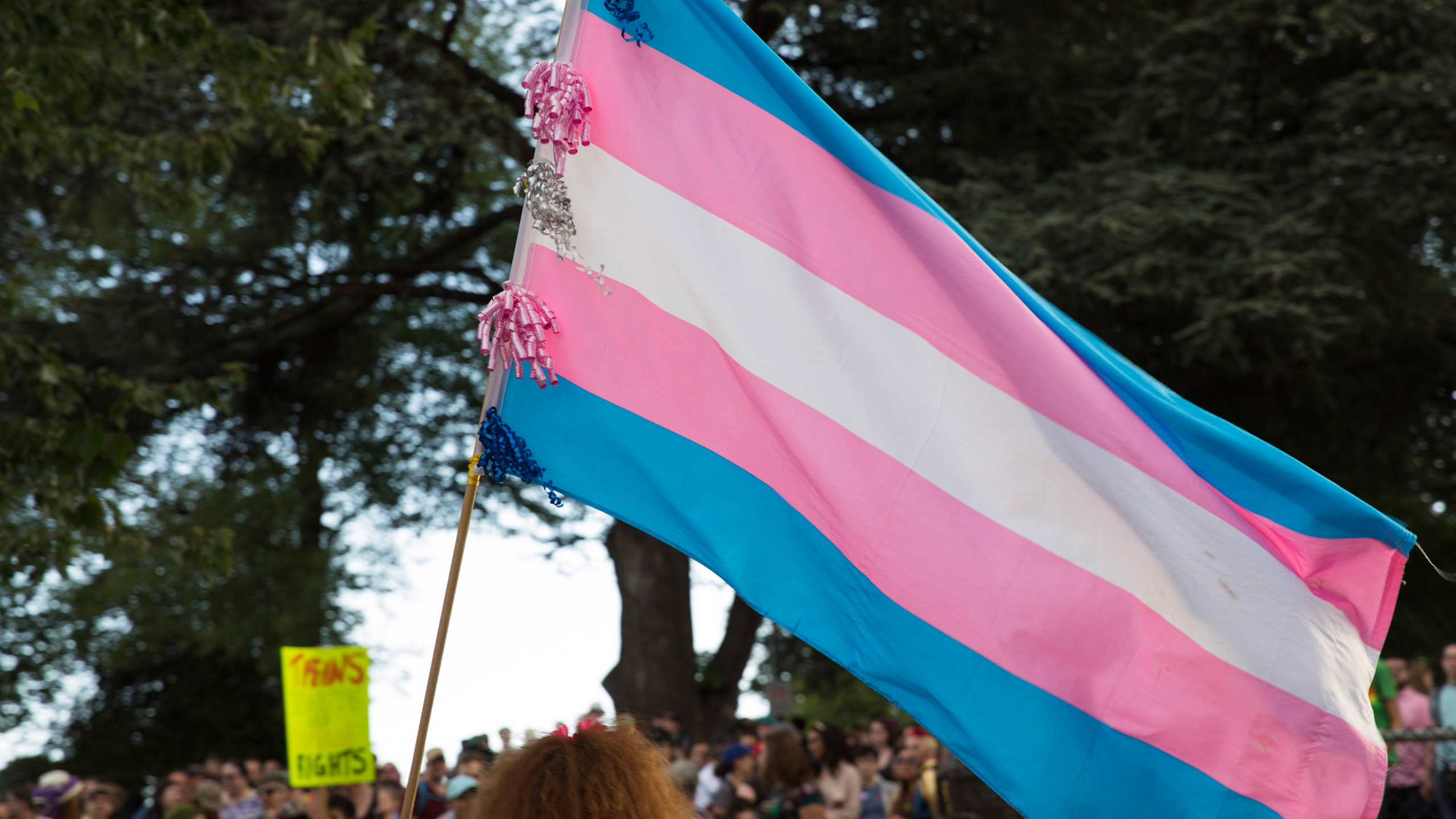At least 51 trans Americans lost their lives to violence in 2021, marking the deadliest year on record for anti-trans homicides in the United States. This deadly toll is part of a wave of brutality affecting trans, non-binary and gender nonconforming people across the globe.
The year’s final homicide was of Ke’Yahonna “Yaya” Stone, a 32-year-old Black trans woman shot on Dec. 26 while trying to defuse an altercation in the parking lot of Epic Ultra Lounge in Indianapolis, Indiana. Although Stone was not involved in the fight, she was rushed to the hospital after sustaining an ultimately fatal gun injury. She passed away on Dec. 28 after being taken off life support, The Advocate reports.
Stone was remembered by friends for her generosity and activism. Known as someone who would open her home to others in need of a safe space, she had recently started working at Indianapolis’ Trans Solutions Research and Resource Center, which bills itself as the country’s first social service agency led by Black trans people.
Marissa Miller, the organization’s founder, told local news outlet WISH-TV that Stone “was loved by the community.
“She didn’t want to be that person who was in the streets no more, that everybody was talking about,” Miller said in an interview. “She didn’t want to do that no more. She was changing her life.”
Stone’s friends and family launched a GoFundMe to pay for her funeral expenses, which has raised just $476 toward its $4,000 goal at the time of publication. On the campaign page, friend LaTroya Rucker said that Stone “always looked out for anyone she loved.
“We are devastated and heartbroken,” Rucker wrote. “Yaya was 32 years old and didn’t have any arrangements in case of death because we often move through life not thinking tomorrow isn’t promised. We need help to honor her the way she deserves. She was loving and giving, and we are asking those who loved her to extend a hand in helping her this one last time.”
A suspect in the shooting has reportedly been identified, but it’s unclear if any arrests have yet been made.
This year ultimately surpassed 2020’s record level of fatal violence against trans Americans. In 2020, 44 trans people were killed in the U.S., a significant increase over the previous year, when 27 trans lives were taken.
As in previous years, the vast majority of trans homicide victims in the U.S. were Black trans women. In 2021, two in three (or 66 percent) were Black women, according to the Human Rights Campaign (HRC). Since activists first began tracking anti-trans murders in 2013, 77 percent of trans Americans who lost their lives to violence were women of colour. During that eight-year span, 256 trans Americans were killed.
Tori Cooper, director of community engagement for HRC’s Transgender Justice Initiative, says that none of the names behind these statistics “deserved to have their lives stolen by such horrific violence.
“This horrific violence is fuelled by racism, toxic masculinity, misogyny and transphobia,” Cooper said in a statement. “We need everyone to join us in empowering transgender leaders, building safer, stronger communities and reducing stigma. We cannot rest until all transgender and gender non-conforming people can live our lives safely as our full selves.”
In addition to Stone, other trans Americans who died as a result of violence include Bianca “Muffin” Bankz, Diamond Kyree Sanders, Dominique Lucious, Taya Ashton, Royal Poetical Starz and Marquiisha Lawrence. Most were killed with a firearm and were murdered by someone they knew, according to reports.
But the horrific trend of violence targeting trans people is not exclusive to the U.S. A Transrespect Versus Transphobia Worldwide (TvT) report found that 375 trans individuals were killed around the world in the previous 12 months, a figure that includes data from October 2020 to September 2021. The total was a 7 percent increase from the year prior, when 350 trans people were murdered.
Similarly to the U.S., trans women accounted for an overwhelming majority of the official count: 96 percent of trans homicide victims were female.
Although America’s trans homicide epidemic has received increased news coverage in recent years, that same TvT report found that Brazil leads the world in deadly violence against trans people. At least 125 trans individuals were killed during the time span tracked, a figure that accounts for 33 percent of all anti-trans homicides globally.
An estimated 70 percent of all anti-trans murders worldwide occurred in Central and South America, according to the report. While many victims are migrants and marginalized sex workers, its authors claim the data represents “just a small glimpse of the reality on the ground.
“The majority of the data was collected from countries with an established network of trans and LGBTIQ organisations that conduct the monitoring,” noted TvT, which is a project initiated by the advocacy group Transgender Europe. “In most countries, data is not systematically collected. Most cases continue to go unreported and, when reported, receive very little attention.”
Just days into the new year, the first anti-trans homicide has already been recorded in the U.S.: Amarey Lej, a 21-year-old Black trans woman, was found in the street on Jan. 1 after being fatally shot, according to the local news station KDKA.


 Why you can trust Xtra
Why you can trust Xtra


